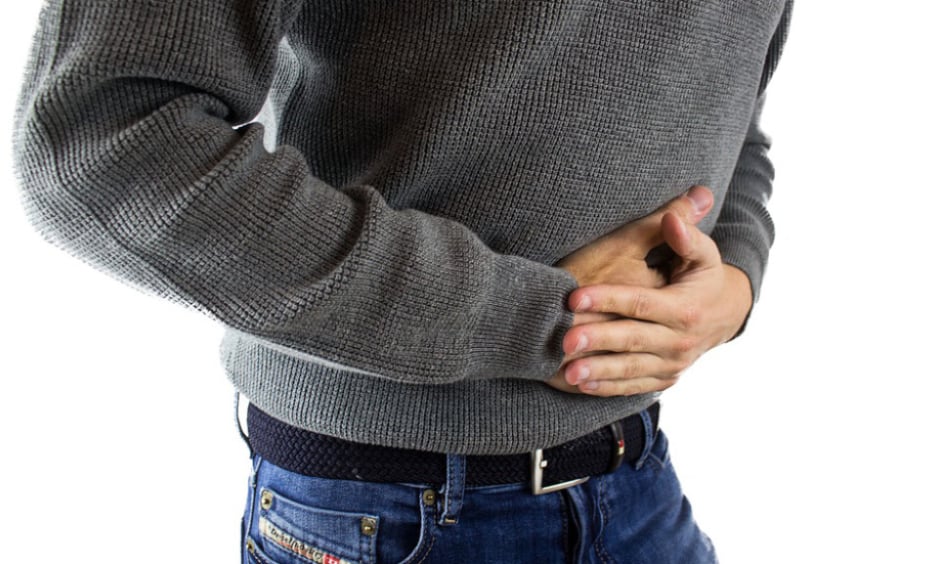KIDNEY STONES are a painful affliction that are common in the general population, with their prevalence estimated to be 1 in 11 in the USA population. Whilst we have a detailed understanding of their cause and biogenesis, a key area in which our knowledge is lacking is in predicting recurrences. The variable number of manifestations seen across patients has posed problems for doctors aiming to give pre-emptive advice to patients.
Good news may be on the way, however, as researchers from the Mayo Clinic, Rochester, Minnesota, USA, believe they have developed criteria for identifying patients at the highest risk of kidney stone recurrence. By analysing 33 years’ worth of patient data (comprising 3,364 patients with a total of 4,951 stone-forming incidences), they were able to identify biomarkers and patterns that appear to predispose to repeat occurrences.
Among these identifiers were:
- Male sex
- Having a higher than average BMI
- A family history of stones
- Having previous incidences in a region of the kidney called the lower pole
- Having previous incidences where the stone had a diameter of 3–6 mm.
This group had previously developed a means for predicting stone recurrence using 11 factors; however, its accuracy was called into question when applied to patients who had already experienced multiple occurrences.
By supplementing the previous tool with extra diagnostic information, as well as questions about race, sex, and kidney stone history, accuracy was greatly improved. The updated tool now considers 13 independent predictors.
One of the study researchers, Dr John Lieske, Mayo Clinic, summarised: ‘’Each of the risk factors we identified [is] entered into the model, which then calculates an estimate of the risk of having another kidney stone in the next 5 or 10 years.’’
Doctors hope that a more accurate prediction tool will motivate patients to adopt stricter dietary measures with the hopes of perhaps preventing the painful recurrence of kidney stones.








